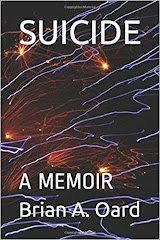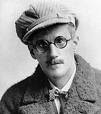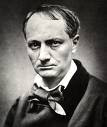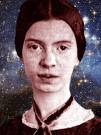Monday, June 6, 2011
THE HUMBLING by Philip Roth
Philip Roth's 'Nemeses' quartet is really a quintet if you count The Dying Animal (which Roth categorizes as a 'Kepesh book'), a sextet if you include the 'Zuckerman book' Exit Ghost, or even a septet if you stretch the concept to include The Plot Against America. All seven books are thematically similar enough to belong together in the Library of America volume in which they will (surely) eventually be bound. The Humbling is probably destined to be considered a lesser member of this group. If Everyman (which I seem to be alone in finding exceptionally weak and unimpressive) was Roth in elegiac mode, The Humbling is his essay in tragedy. And a blatantly theatrical tragedy it is: a three-act structure; an actor-protagonist who has become psychologically unable to act (shades of Bergman's deeply theatrical film Persona); explicit references to O'Neill, Chekhov, etc.; a makeover scene drawn from the deeply disturbing, self-abnegating makeover of Kim Novak in the last act of Vertigo; and even a gun mentioned in the first act, brandished in the second, and predictably discharged in the third. It is rather remarkable to see how many bases Roth can touch in such a brief book, but this is more the pleasure of watching a master at work than the much greater delight of reading a masterful book. For The Humbling is a minor Rothian performance, evidence that the tragic isn't really this major writer's mode. His greatest and most original mode, the one in which he writes his most powerful fiction, is the comical-tragical-absurdical-outragical of Sabbath's Theater, Portnoy's Complaint, The Human Stain, Operation Shylock, Zuckerman Unbound, The Anatomy Lesson, and (a lesser example) Our Gang. But tragic Roth is better than no Roth at all, and The Humbling is a good enough book, not a bad one. I predictably enjoyed most of its predictable pages.
Subscribe to:
Post Comments (Atom)










No comments:
Post a Comment